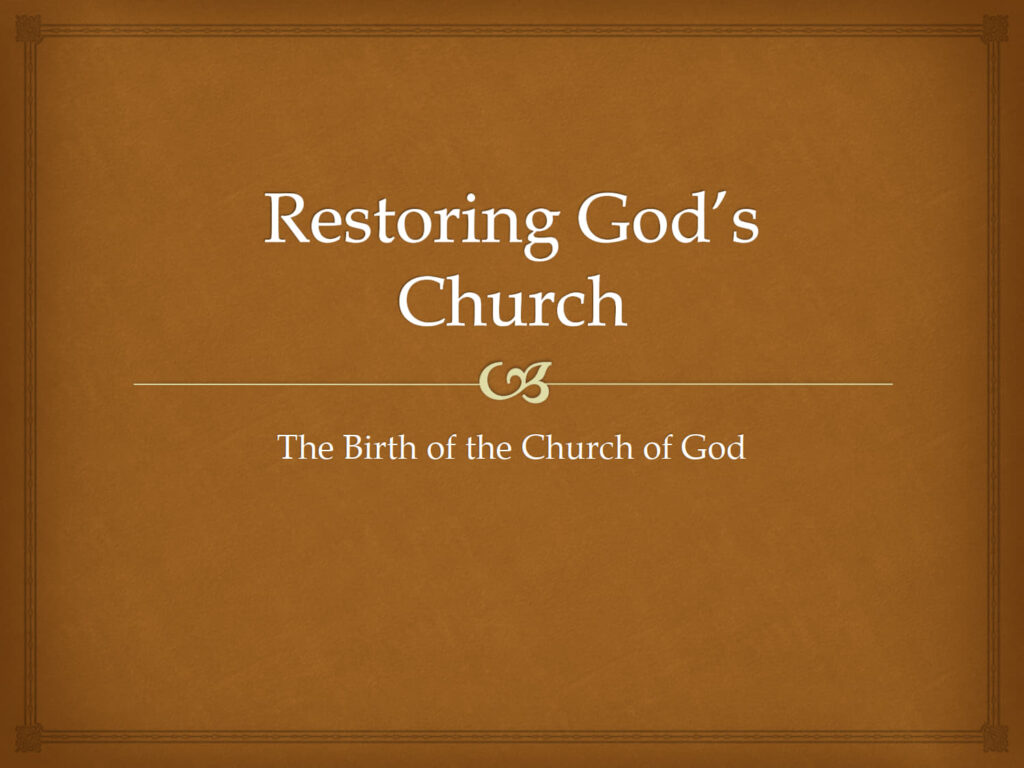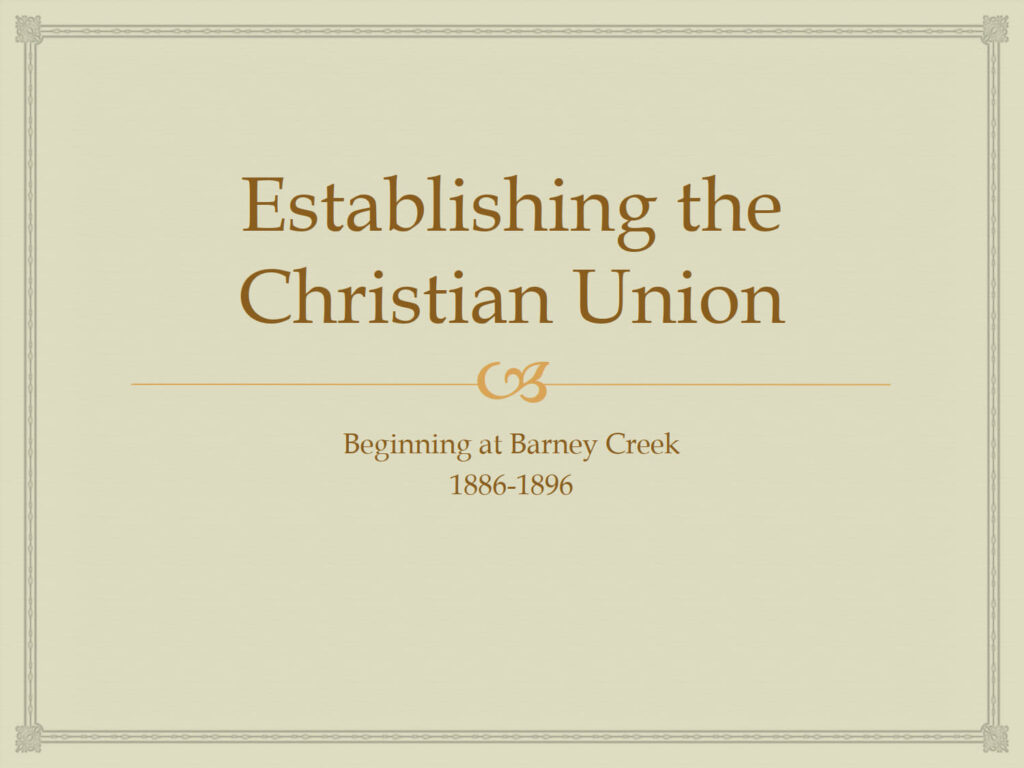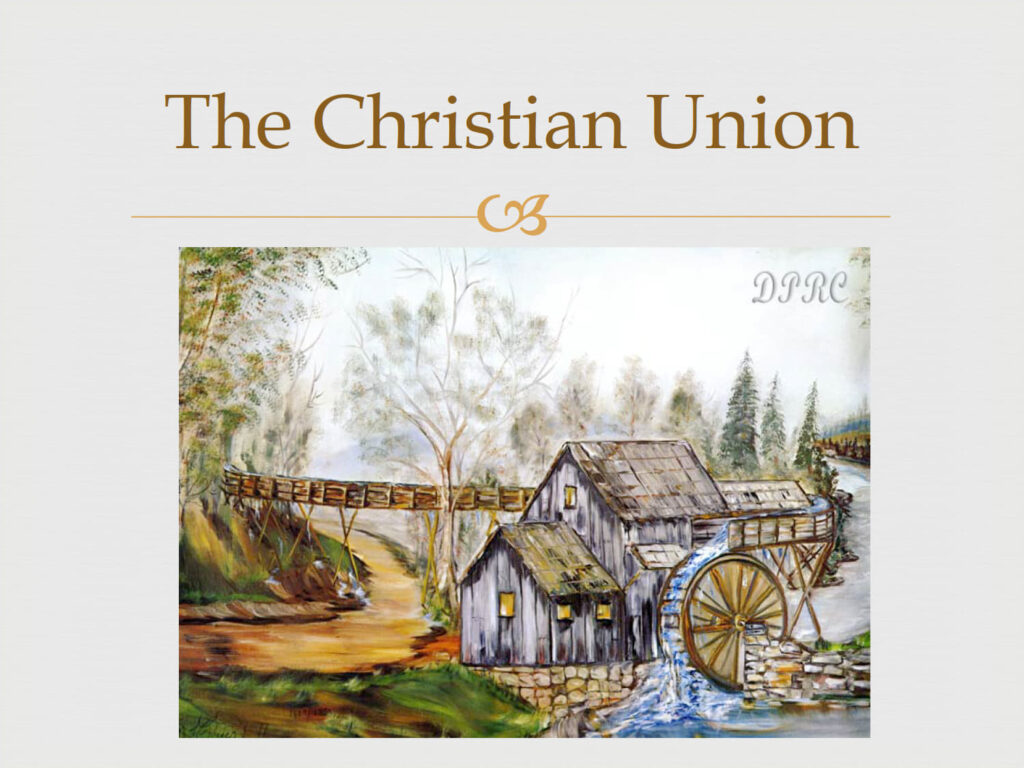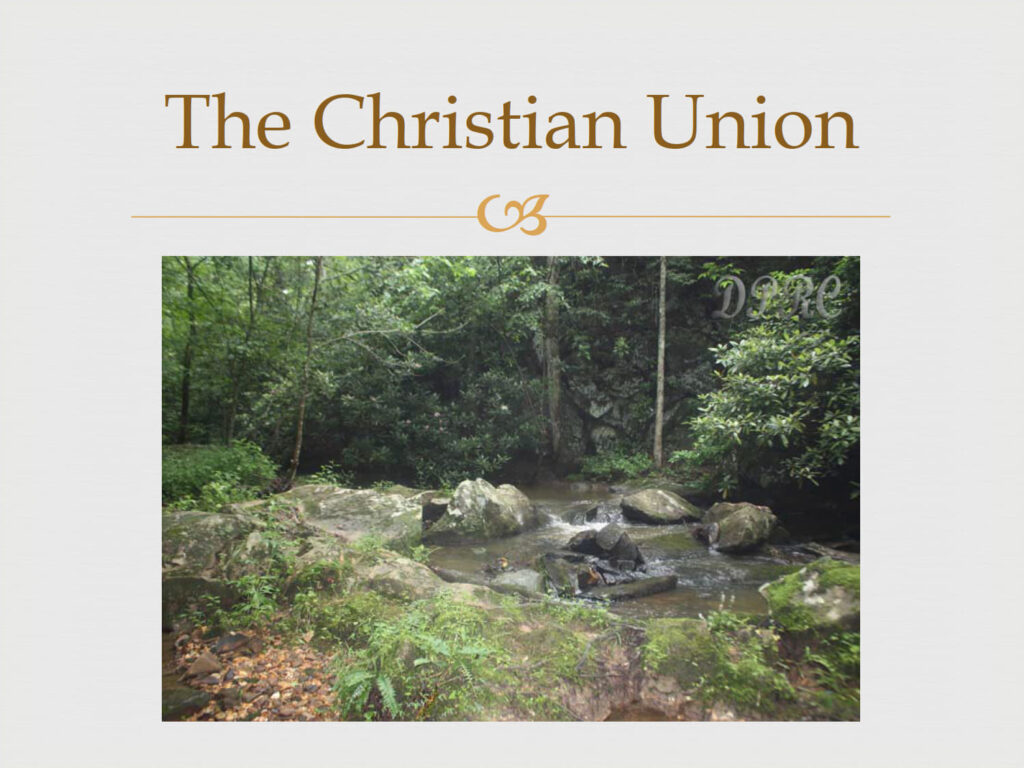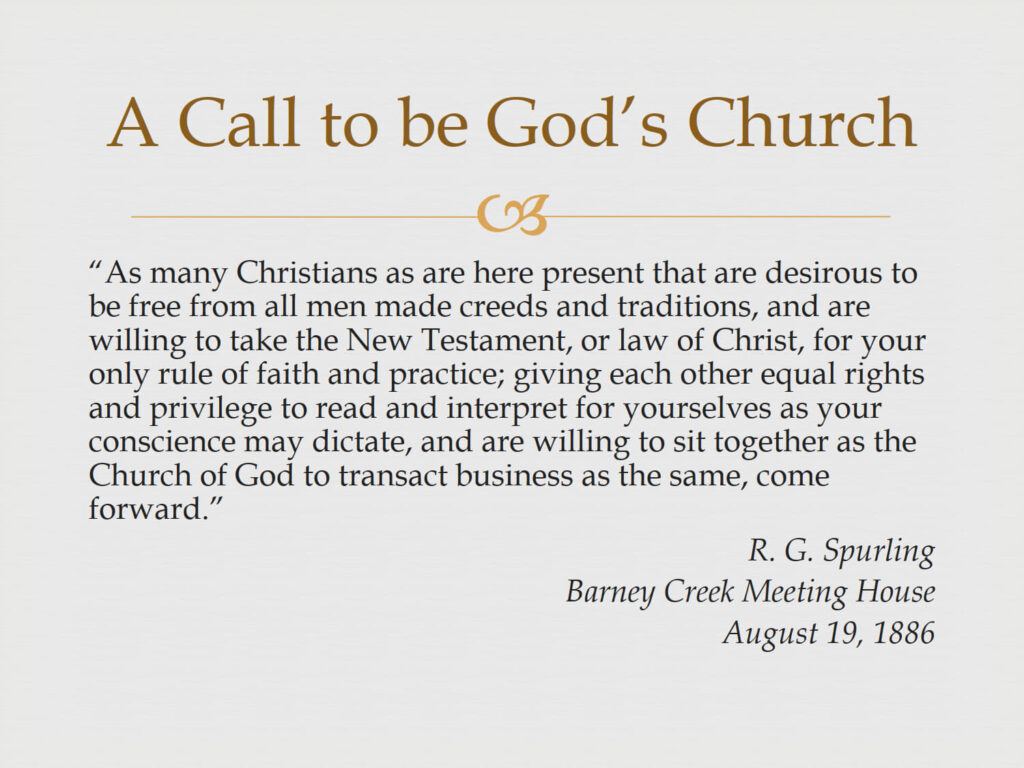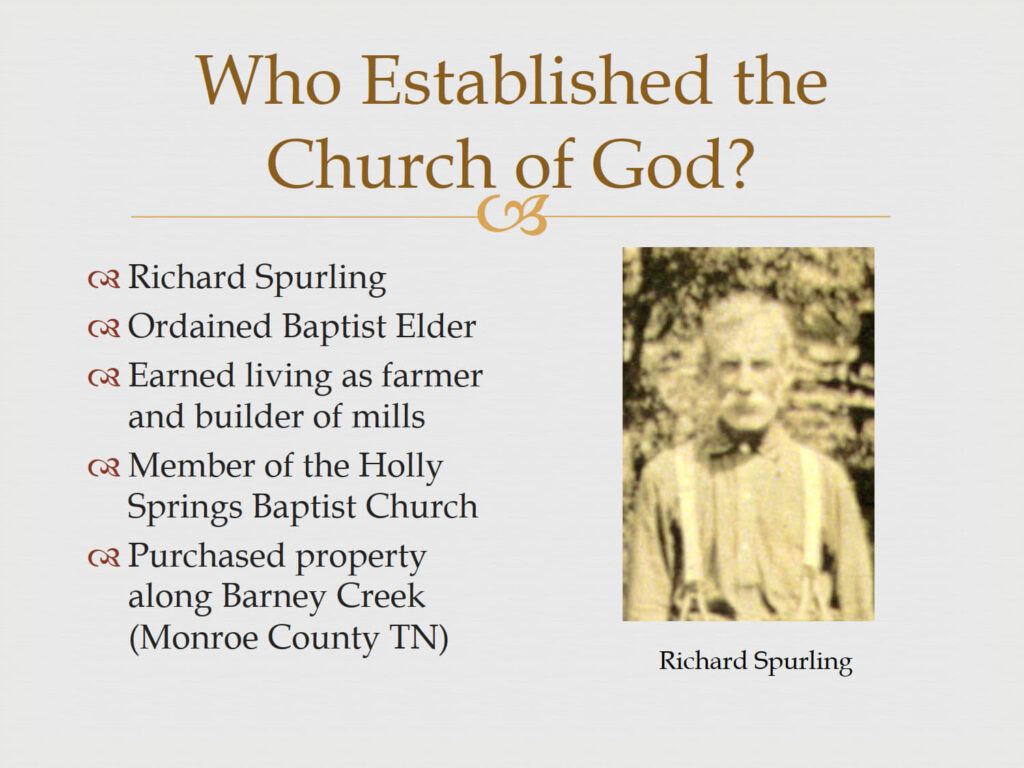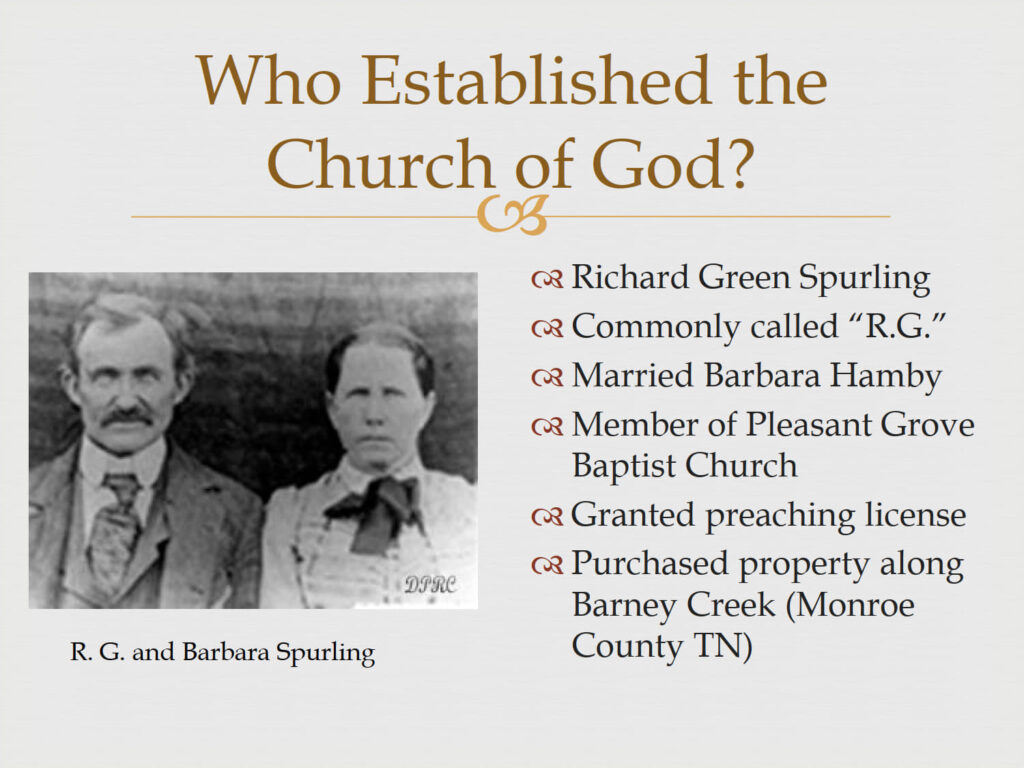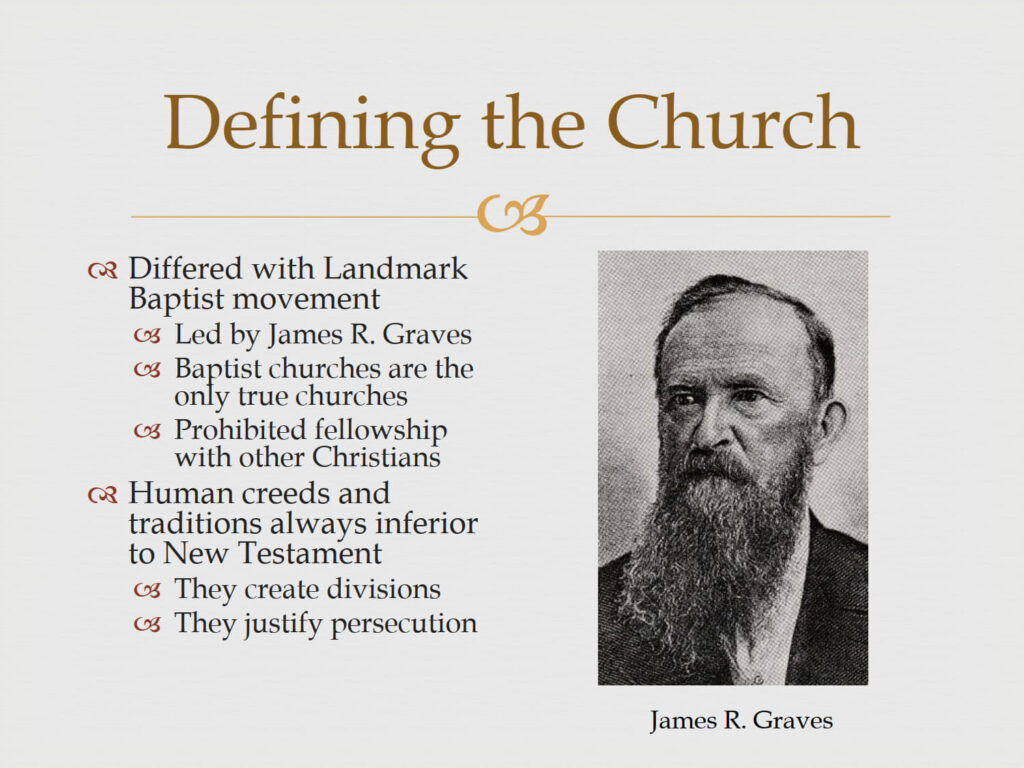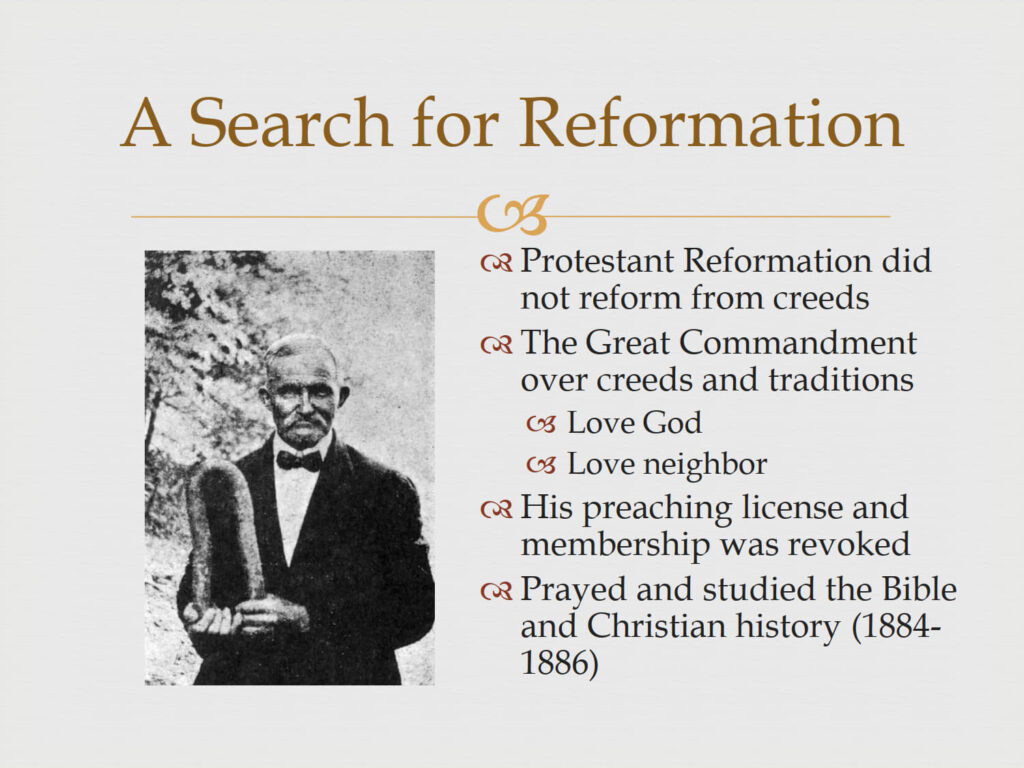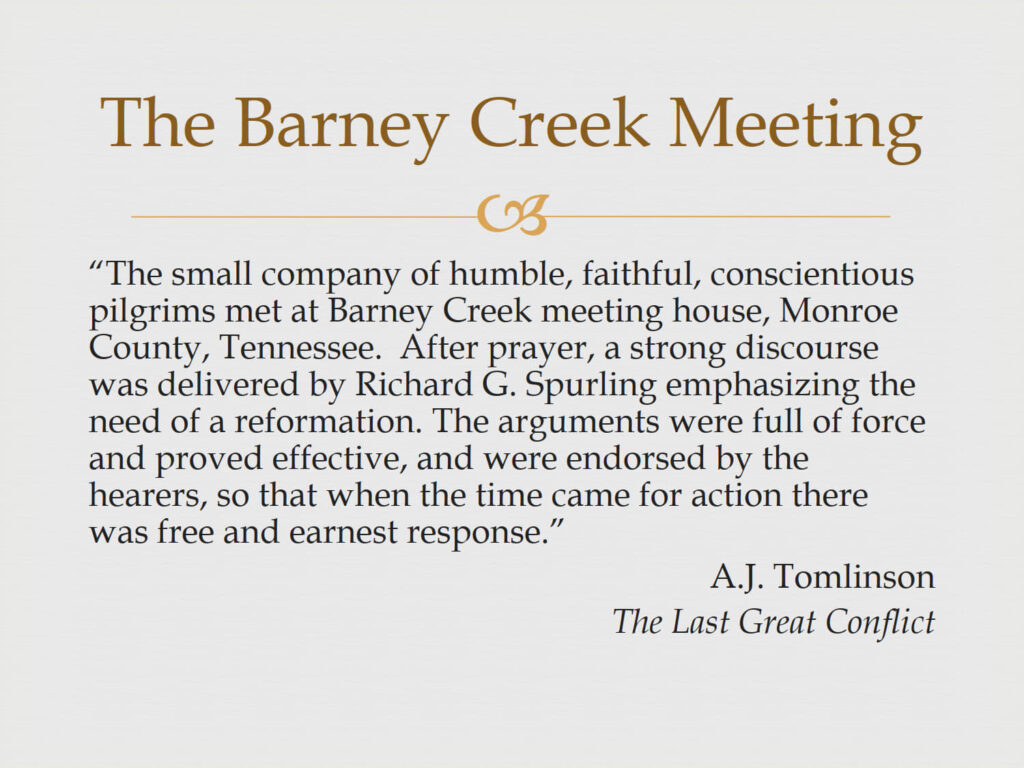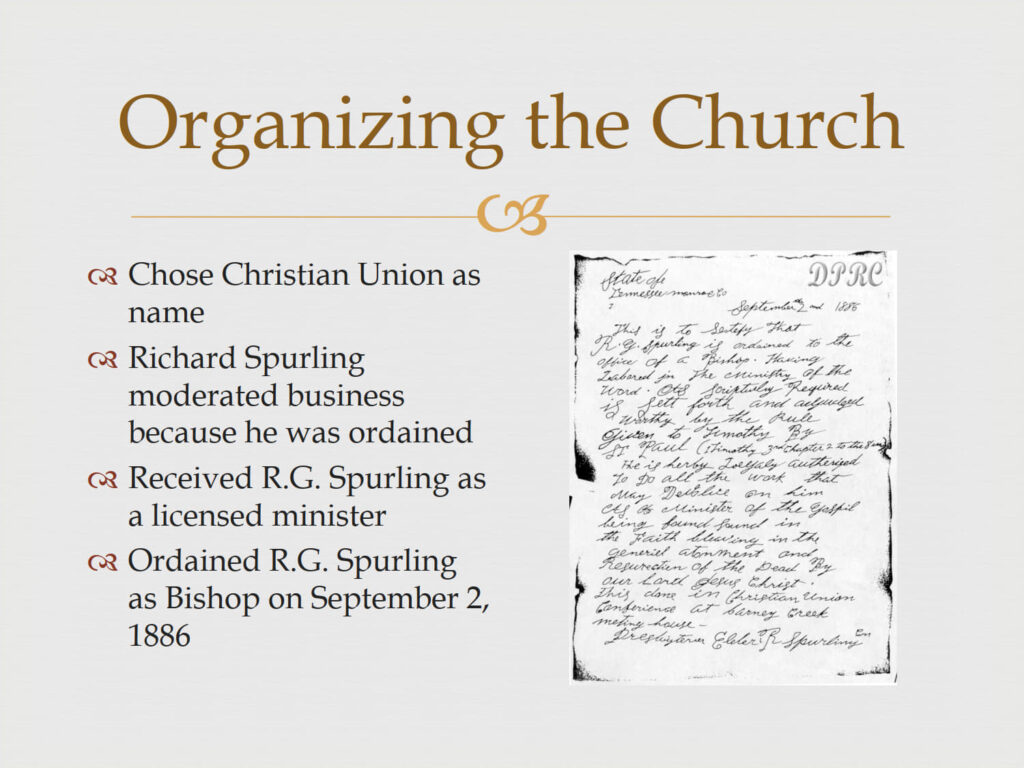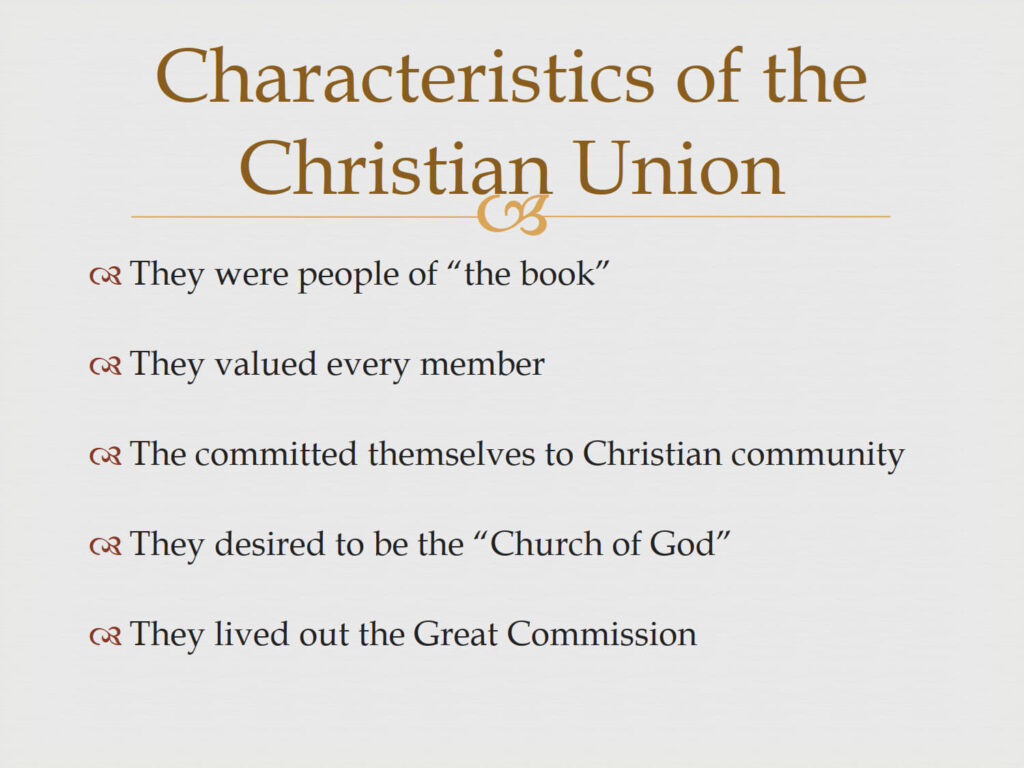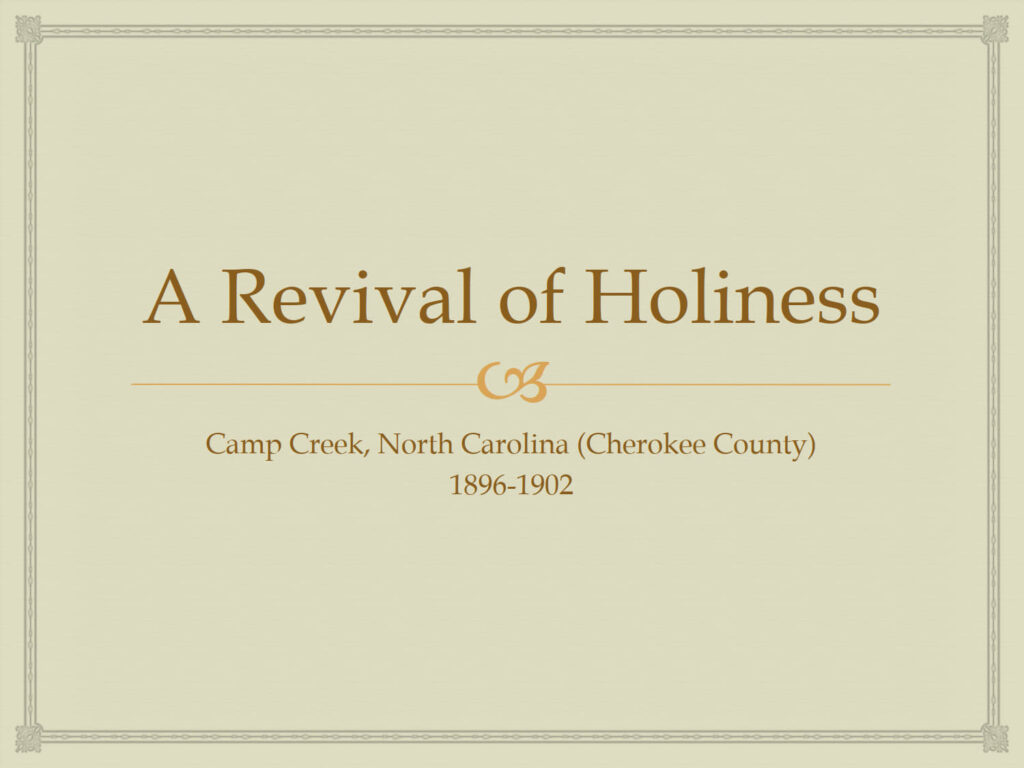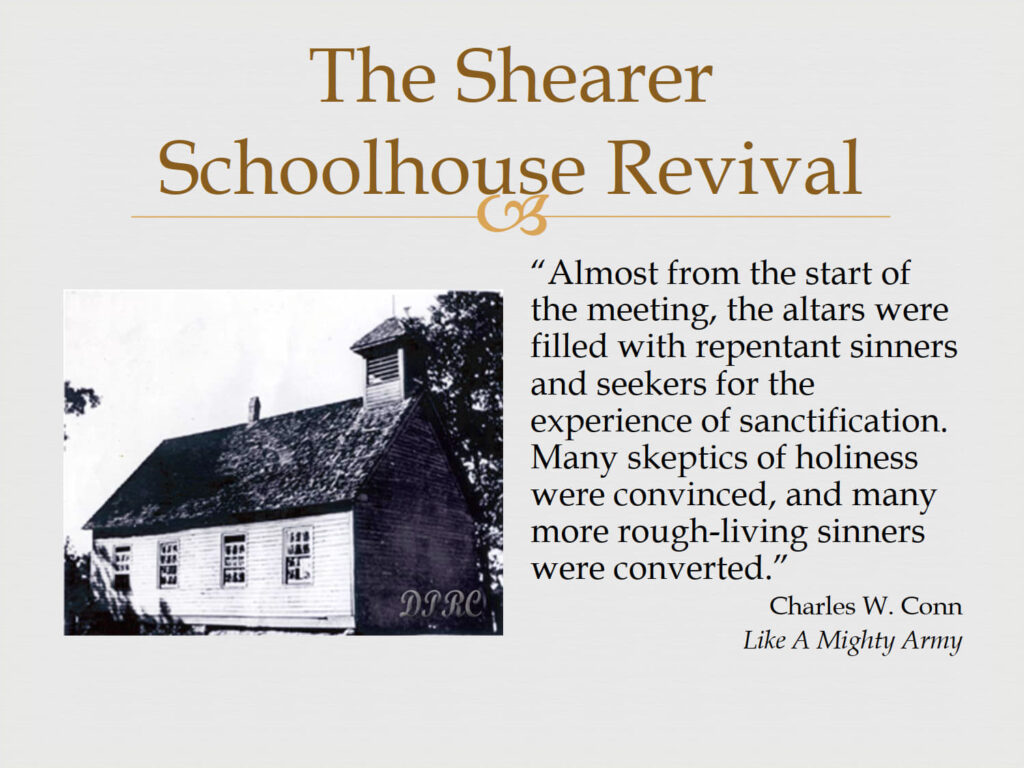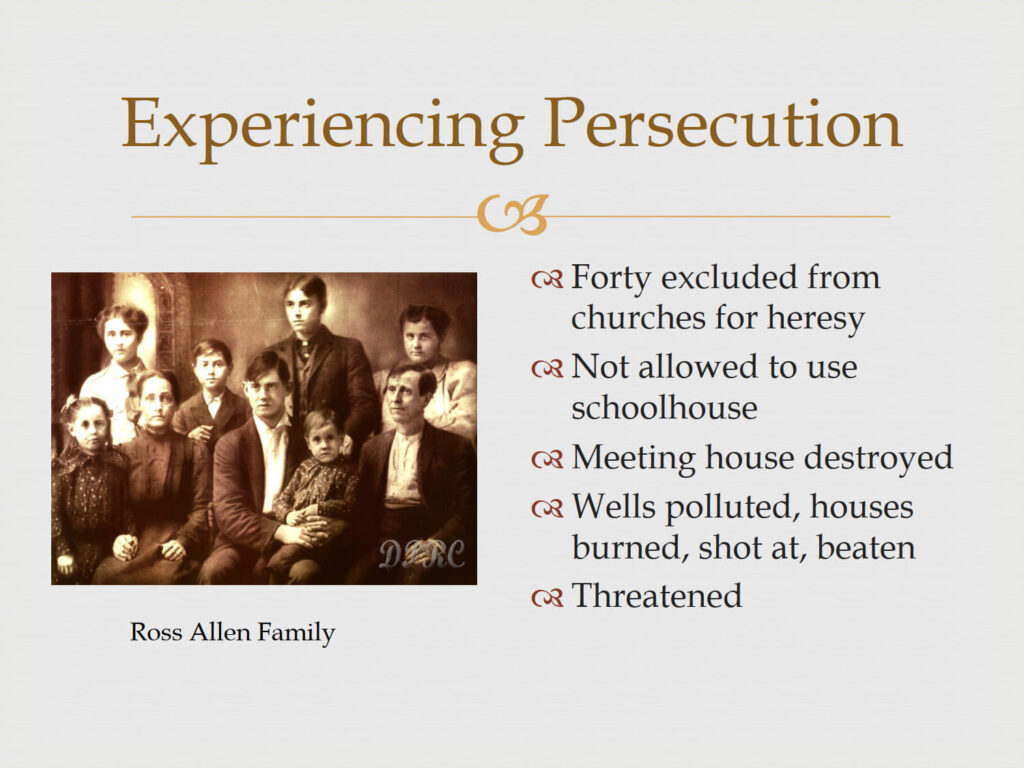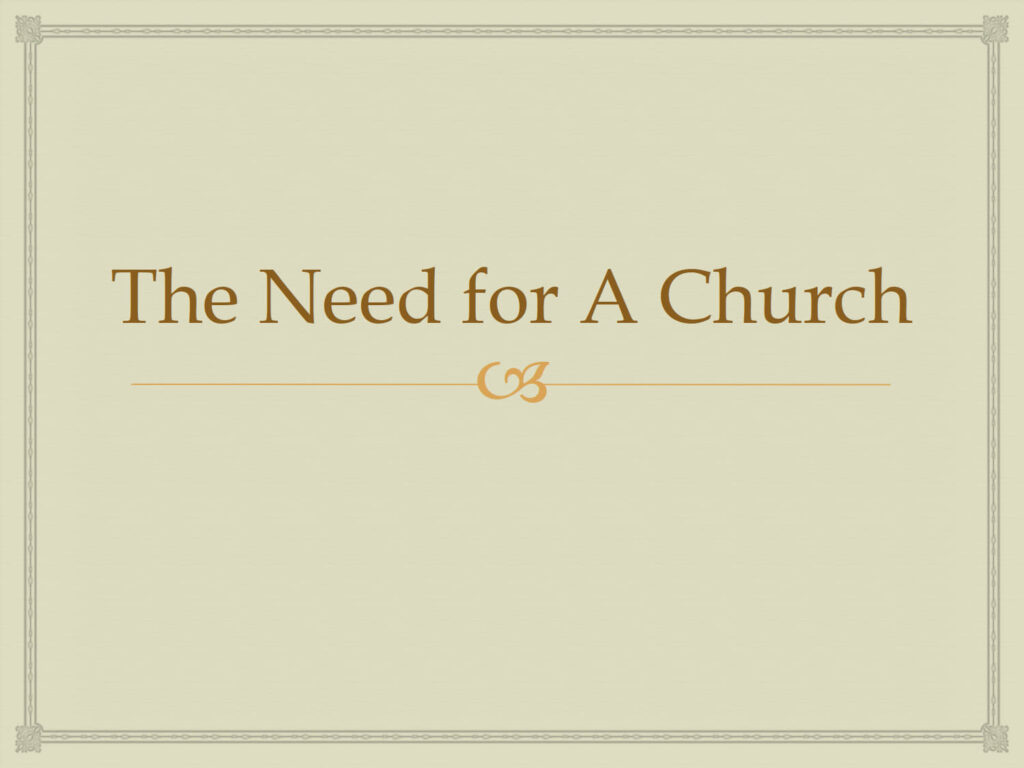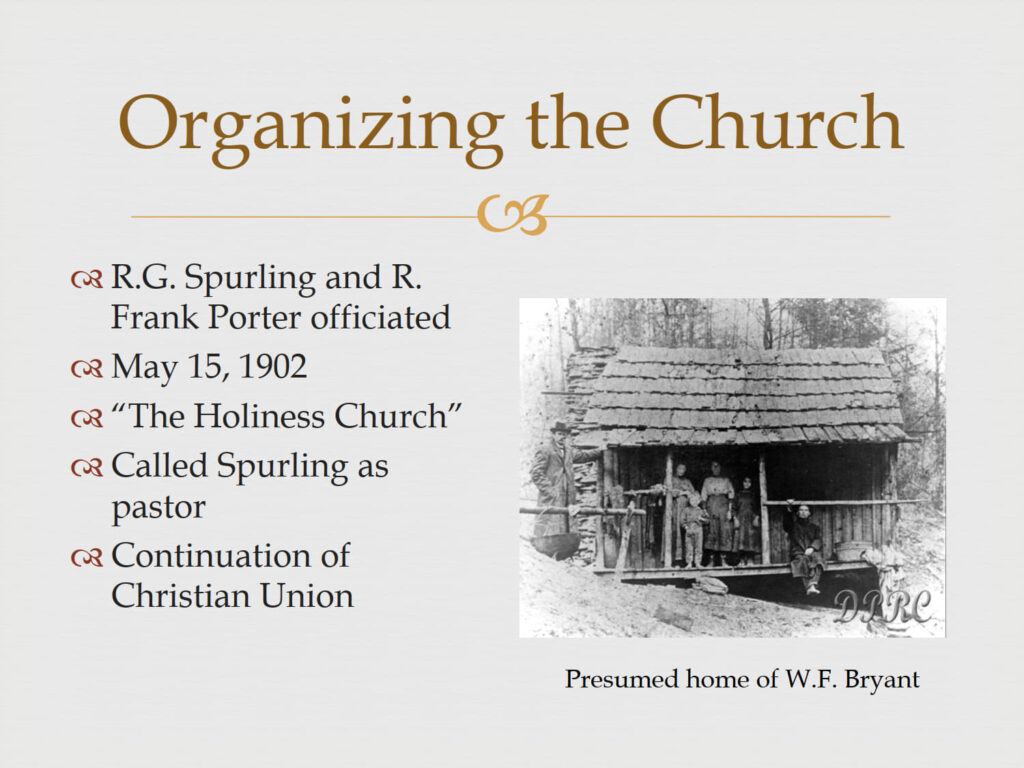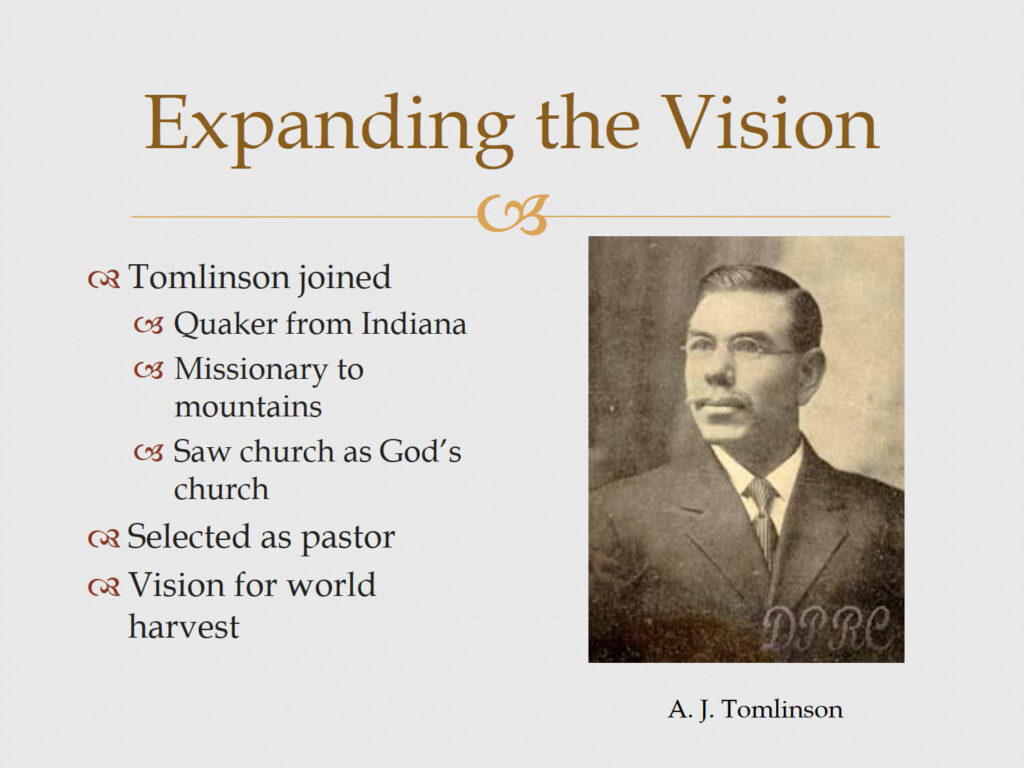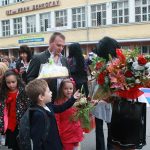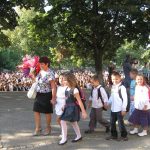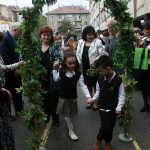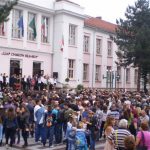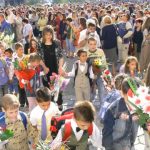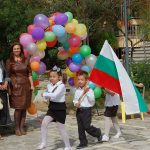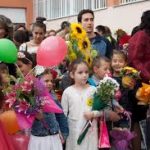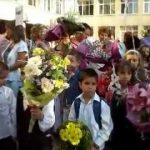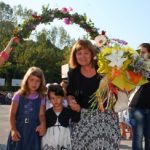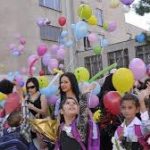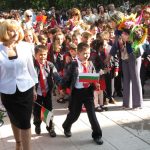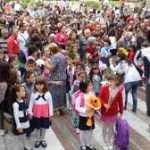SIGNS of the LAST DAYS: Israel Restored

Revival in Progress
When we wrote back in March and again last month, we could hardly imagine what God had in store for our area. After three full weeks of revival with the Ballplay (9/17-22), Friendship (9/25-30) and Conasauga (10/2-5) churches, three more revivals are on our schedule this month. Swept by the wave of the Spirit, several independent churches have joined in with parallel meetings, thus multiplying the expected attendance exponentially. Impressed to extend the revival through November, our next 20+ consecutive meetings will be in revival tents by the highway. Meanwhile all across the country of Bulgaria:
- Pandemic has grown to the level of “mandatory” mask mandate across the country
- Importing Ukrainian “war grain” sparked multiple anti-government protests in Bulgaria
- As a result, the 5th government elections in Bulgaria since the pandemic will be in October
- A new NATO base (est. $55 mil.) will be built within the next few months next to my hometown of Yambol, which is bringing new attention to our Chaplaincy program there.
We appreciate your prayers and support at all times. We remain grateful for your commitment and partnership with our work for the Kingdom here in the States, Europe and beyond.
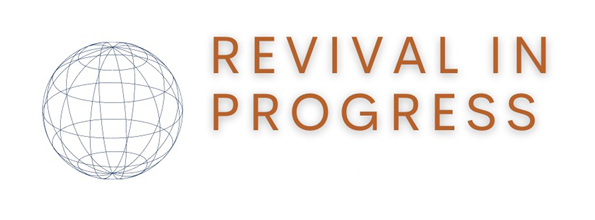
Bulgaria builds permanent NATO base near Yambol
September 30, 2023 by Cup&Cross
Filed under Featured, Missions, News, Publication
By 2025 the Ministry of Defense will build an entire small town, in which the soldiers of the NATO allies from the multinational battle group on the territory of Bulgaria will live.
The estimated cost is at least 50 million euros but the final sum will become clear after the design is completed, Minister of Defense Todor Tagarev has told the MPs from the Defense Committee in Parliament. Military personnel of about 1,500 will reside in the town permanently, but it should be able to shelter up to 5,000 people.
It has not yet been decided where the base would be located, but the military has hinted that the region of Yambol is the most suitable area with the nearby air base of Bezmer. According to the minister, the construction of the military town will be economically beneficial for Yambol and the region.
Bulgaria’s President set a Date for this year’s Elections
Bulgaria’s President Rumen Radev signed a decree today scheduling the elections for mayors and municipal councilors for October 29.
The head of state has determined the date after a working meeting with representatives of the leadership of the Central Election Commission (CEc).
The conversation discussed the specifics of the local vote and the upcoming work on the organization of the election process. The CEC has informed the president of the technical and logistical features that the commission must comply with for the local elections and its readiness for their holding.
Here you can read about the results of a study that determined for who will one-third of Sofia residents will vote as their future mayor.
3 Decades Later: Evangelical Education in Bulgaria at Halt
With the new Bill on Religion in Bulgaria, the Muslim community has been given amnesty on some $4,500,000 of public debt, while granted another $3 million in annual government subsidies. As a result, the monthly salary of Muslim clergy (imams) has already increased with 20% and a new Islamic school is being opened in one of the historically oldest Christian places in Bulgaria, the city of Sliven. All while, the evangelical protestant communities are not receiving financial support under the new law and their schools remain without proper government legalization via the Bulgarian Ministry of Education.
Though this legal precedent follows the Russian Law on Religion that has already effectively closed the evangelical seminaries in Moscow, it is manifesting a political agenda undergoing in Bulgaria for over a decade. What remains unsaid with the recent changes in the Law of Religion in Bulgaria is the ultimate halt of evangelical education in the country. The Bulgarian Evangelical Theological Institute has been functioning at its operational minimum for years now. Students are trained mainly online or via small local groups spread in various cities. They are called to the school departments only for graduation or occasionally lectures by visiting scholars. Even after years of waiting, the Institute was never granted official accreditation through Bulgaria’s Ministry of Education and most of the students preferred getting their degrees from other accredited and licensed institutions. Less than 1% of the students who were not in ministry at the time of their enrollment entered the ministry post graduation. And even fewer of them remain in ministry today; which ultimately ensures the lack of adequately trained ministers for placement in the evangelical churches of Bulgaria.
The last Bulgarian to graduate from the Church of God Theological Seminary did so over a decade ago, and 2009 was the last class of the Bulgarian Theological College (seminary). One of the greatest mistakes made was closing the college in 2009, thus leaving the movement with virtually no higher ministry training for the last decade.
We were present at the national meeting of elders on September 10, 2009 in Sofia when the final decision to close the Church of God Theological College was voted. Only a few others along with us disagreed with the vote and pleaded with the assembly to make everything possible and keep the school open. At the final vote, it came down to a few thousand dollars due in annual membership fees and the school was closed.
Five years prior to these events in 2004, we published an article on evangelical education in Bulgaria with some warnings. The article proposed a change of the evangelical educational paradigm in anticipation of new legal changes and the prolonged waiting for a governmental accreditation. In fact, the same issues addressed in our proposal repeated themselves in 2016 upon Russia changing its own legislation on religion and religious education thus effectively illegalizing evangelical seminaries and overall missionary work. Today, similar legal measures are put in place by the Bulgarian government as well.
The final of our 10-point proposed plan in 2004 included the following observation:
- Naturally, the well-educated graduates have chosen not to occupy themselves with denominational politics both to avoid confrontation and to express their disagreement. This dynamic has been partially ignored by leadership remaining from the period of the underground church when religious education was virtually nonexistent and lacking a complete realization of the power of education. This unnoticed trend, however, endangers Bulgarian Evangelism creating a lack of continuity within the leadership and preparing the context for the emerging leadership crises.
With the new Bill on Religion in Bulgaria closely following the effective closure of evangelical seminaries in Moscow, the opportunity for a government recognized ministerial training in Bulgaria may be legally impossible to regain. In the light of those resent changes, our 2004 proposal for a legal ministry training alternative was successfully implemented and used for our Master of Chaplaincy Ministry graduates since 2009 providing a single valid alternative for evangelical education in Bulgaria.
First Day of School in Bulgaria
Deadly floods hit Greece, Turkey, Bulgaria
A catastrophic flooding event is unfolding in Greece, Turkey and Bulgaria amid an extreme weather pattern in Europe that is bringing exceptional heat over a swath of the continent after just spurring a deadly deluge in Spain.
- 7 deaths were reported in Turkey; five people died in a flash flood at campsite in northwestern Turkey and two died in Istanbul amid raging floodwaters.
- 3 deaths were reported in Greece in the port city of Volos and in Karditsa, to the west, and three people were reported missing.
- 4 deaths were report in Bulgaria.
Heat dome parked over western Europe
At the center of what is known as a “blocking pattern” is a heat dome over western Europe that is spreading record warmth across much of the continent. Heat domes are sprawling areas of high pressure that can trap heat beneath them for days, weeks or — in the case of the southern tier of the United States this summer — even months.
Polk Revival to Commence after Months of Prayer
Initially 7, now 8 churches and multiple ministries across the biggest Tennessee county, have set their hearts to seek after the will of God for revival in their area after the pandemic. The meetings are set to move from one church location to another each week of the original seven consecutive week schedule. While Fridays are set as days for prayer and reflection, many already anticipate service will continue through the weekend into the next week’s revival location. As participants have been praying for God’s fresh fire in East Tennessee, many have recalled previous revivals and prophetic words from some hundred years ago to the spontaneous student revival at Lee University this past spring. As new revival outpouring has been long prophesied for the area, the churches have agreed to wait upon the Lord until he moves in their midst again. Prayer is requested from all who love the Lord and have awaited His renewal of the land and His people.
Perry Stone Ministries 2016 THE PROPHECY: In August, over a year ago the Holy Spirit spoke of a “Rural Awakening.” I am certain the primary meaning is that God will spiritually awaken the people in rural areas. However, it was just reported that the RURAL VOTE from the small towns of America, is what won the election for Donald Trump. In the same word, The Holy Spirit has also said the cities will become dangerous with mobs and people would begin leaving the cities to return to the more rural areas in AMerica. George Soros is planning major city disruptions for months or perhaps years to come, and now sadly, there are numerous gangs of black youths in the inner cities that are physically attacking, for no reason, older white men and women; a few even calling for the death of all whites. I regret to say, violence will become more common (days of Noah) and people will slowly begin to leave major cities (violent zones) to move away from the hate and crime in those areas. Those of us in the Body of Christ, White, Black and HIspanic, must not fall into this demonic hatred and deception, but must stand in the unity of our faith in Christ, as one body and one family. Many people who truly love the Lord live in these cities and these gangs and thugs do not represent them or their ethnic group. JESUS IS KING.

SIGNS of the LAST DAYS: People will not believe the signs

RESTORING GOD’s church…
